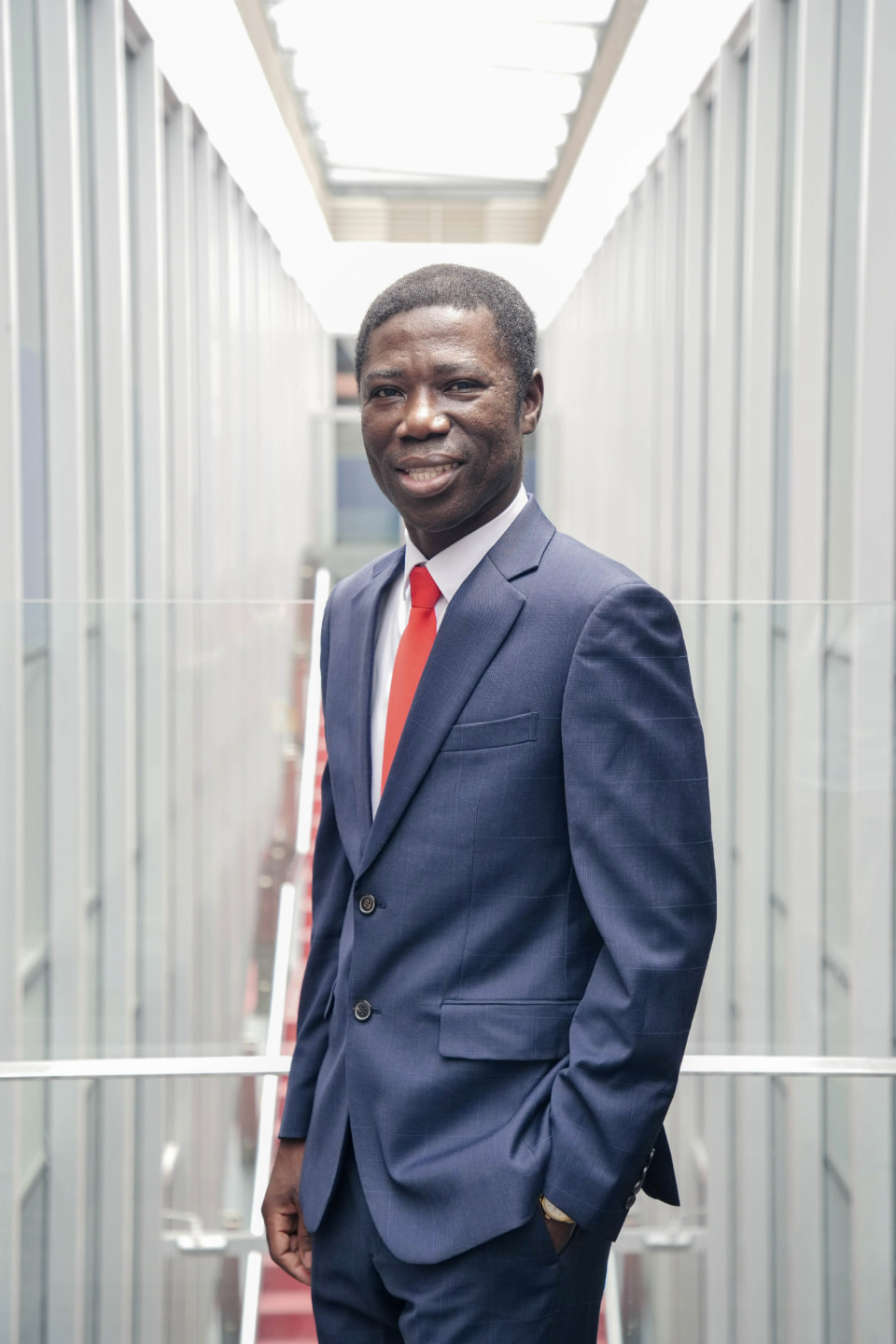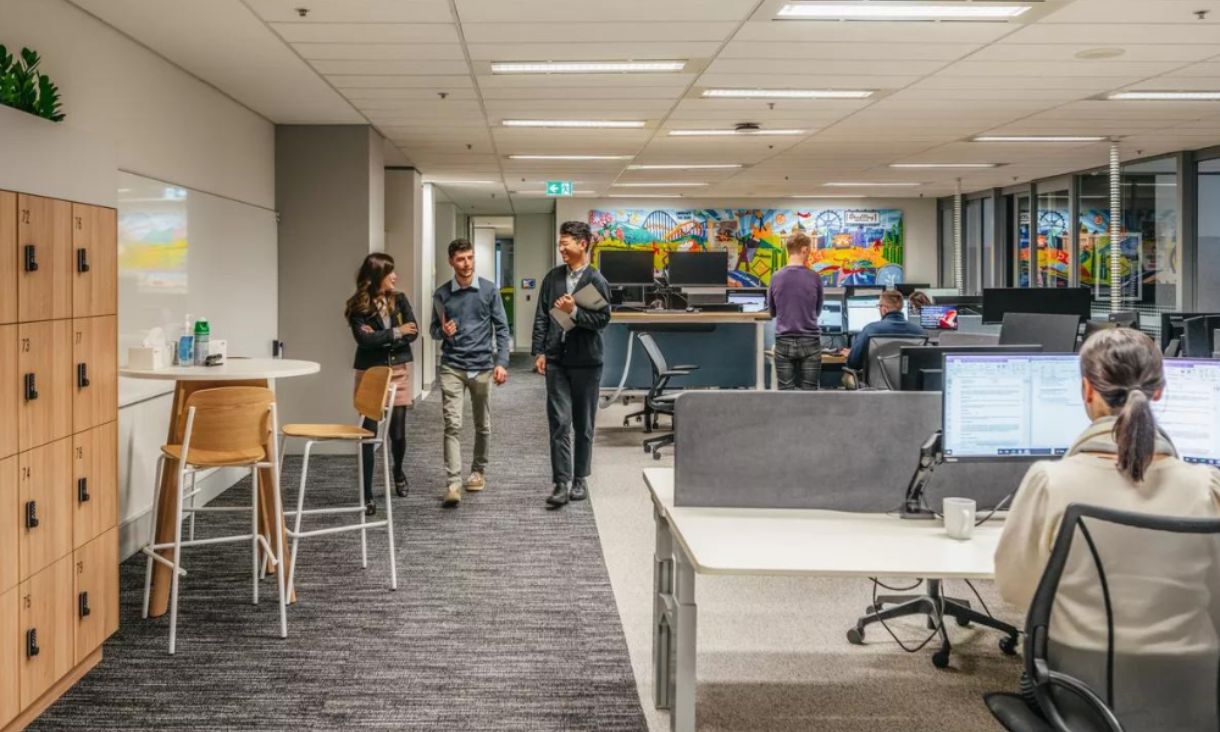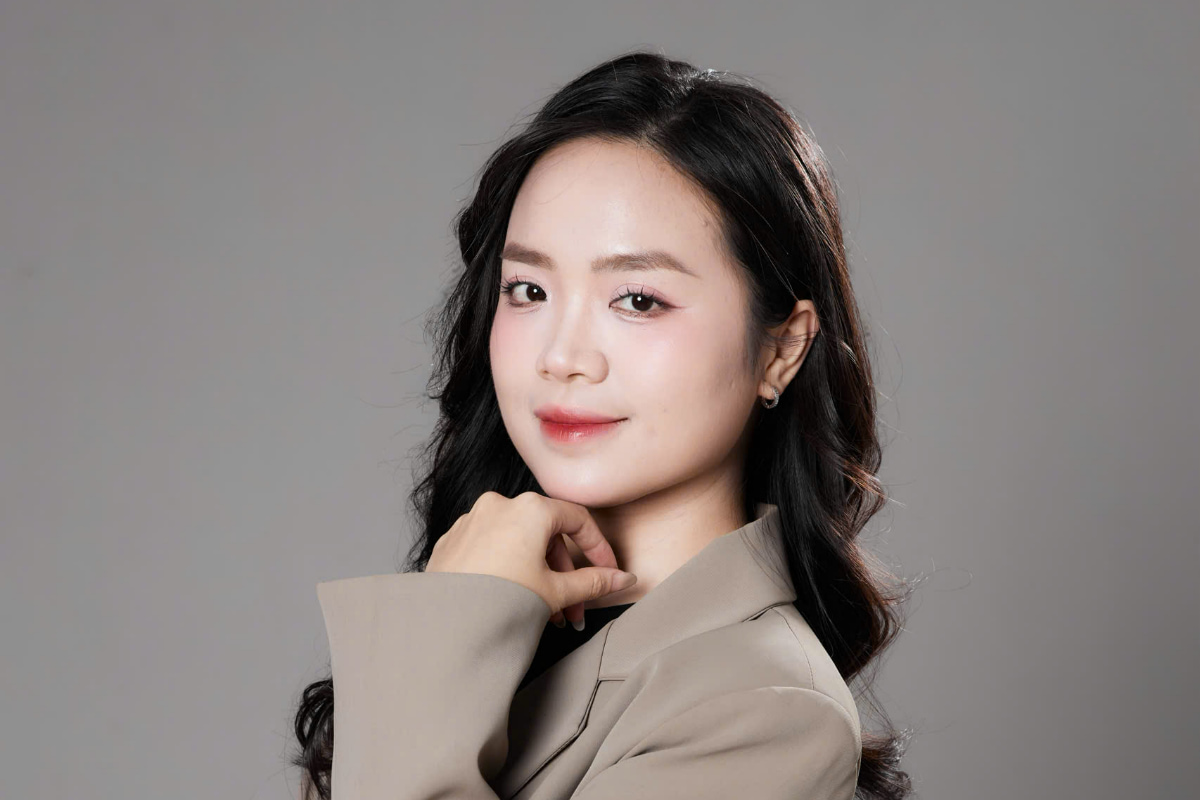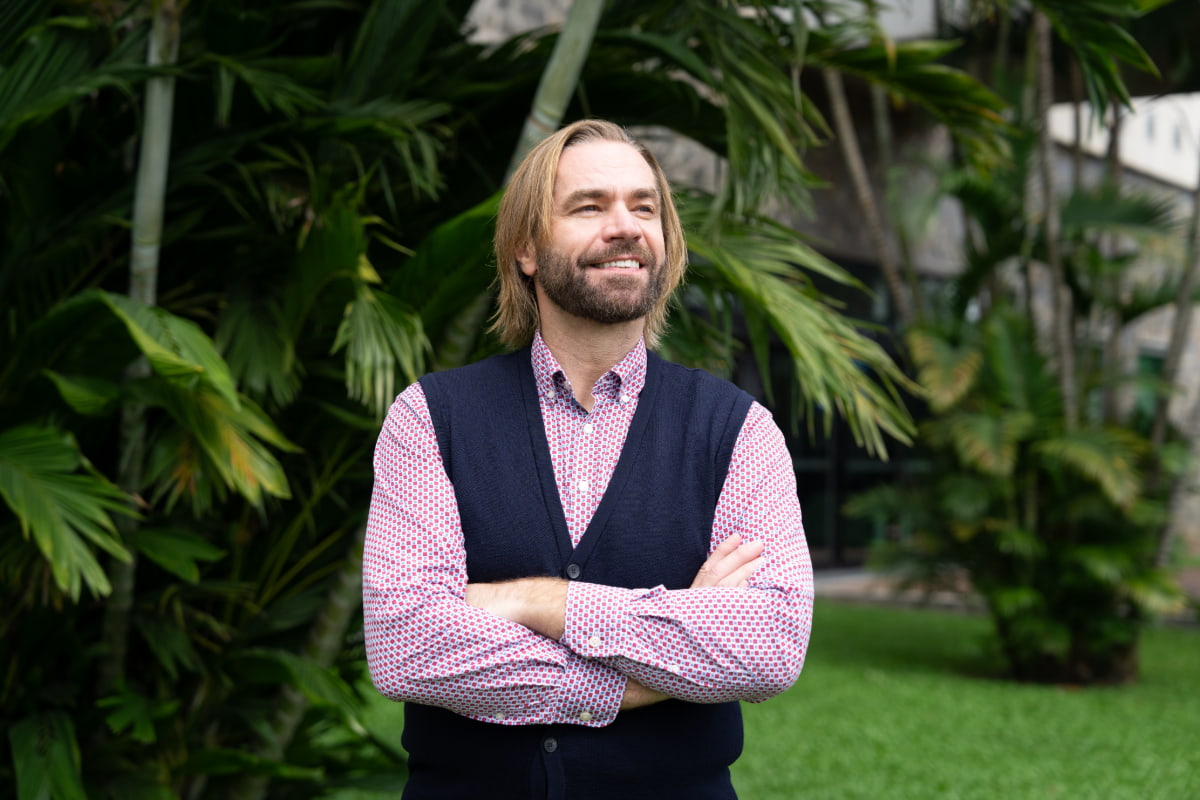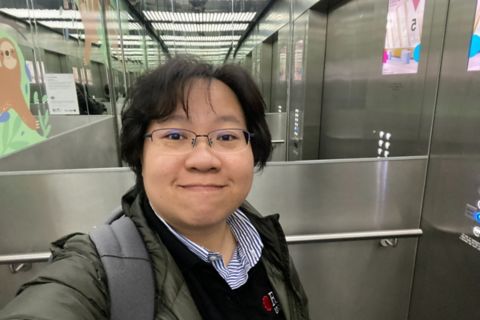A journey shaped by purpose
Dr Buertey’s relationship with accounting didn’t start with top grades or natural flair. In fact, he remembers it as the most difficult subject he took in high school. But where others might have given up, he leaned in. Week after week, he kept showing up for extra study, driven by a quiet determination to master it.
By the end of the year, accounting had gone from his greatest challenge to his greatest interest – and eventually, the foundation of a career that would span multiple countries and disciplines.
After gaining industry experience as an accounts officer, he realised that his true calling wasn’t just in applying knowledge – but in sharing it.
“It started back in high school, when I used to tutor my classmates before exams. I loved helping others understand things,” he says. “Eventually, I realised that teaching wasn’t just something I was good at – it was something I was meant to do.”
That calling led him to South Korea, where he completed both his master’s and PhD in accounting and took his first steps into academia. Today, at RMIT Vietnam, he teaches Accounting for Sustainable Management in the Master of International Business (MIB) program, bringing global experience and a student-centred mindset into every class.
Where accounting meets impact
Accounting is often viewed as a back-office function – technical, reliable and essential, but not exactly exciting. Dr Buertey is helping to rewrite that narrative.
“Accounting today is about more than just financial statements,” he explains. “It’s about how businesses measure what truly matters – how they impact people, communities, and the environment.”
That’s where his expertise in sustainability comes in. As a certified Global Reporting Initiative (GRI) Sustainability Professional, Dr Buertey focuses on how businesses integrate environmental, social and governance (ESG) factors into their strategies and reporting frameworks. His research explores how corporate governance influences firm sustainability practices and disclosures, market perception, and long-term performance – and these insights directly inform his classroom approach.
But Dr Buertey also knows that for sustainability to stick, it needs to make business sense. “One of the most powerful outcomes of sustainability accounting is uncovering win-win scenarios – where doing the right thing also leads to smarter decisions, stronger resilience and better long-term value,” he says.
Through case studies and project work, students are encouraged to view sustainability not as a cost, but as an opportunity: a way to manage risk, unlock innovation, and align with the expectations of investors, regulators and communities alike.
Whether they’re evaluating climate risk disclosures or developing sustainability roadmaps for companies, they’re learning how to apply accounting as a tool for responsible leadership – and profitable strategy.

